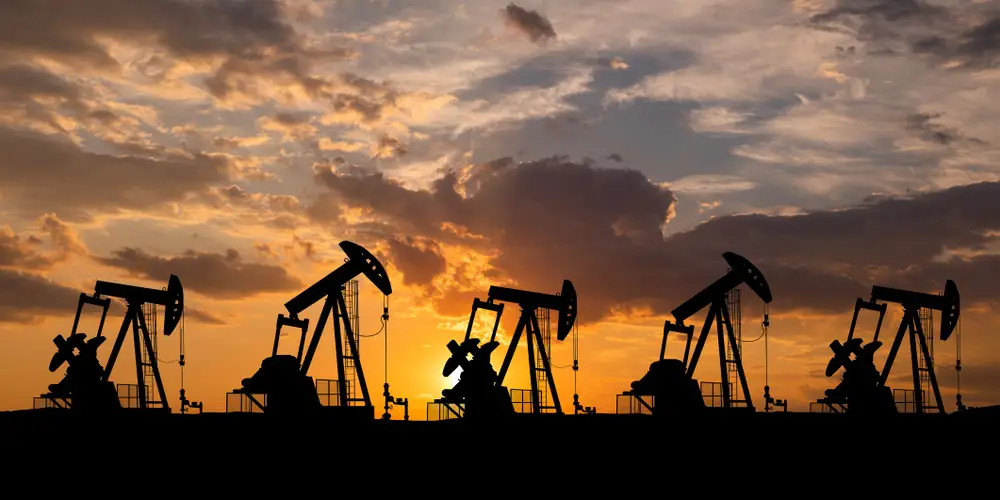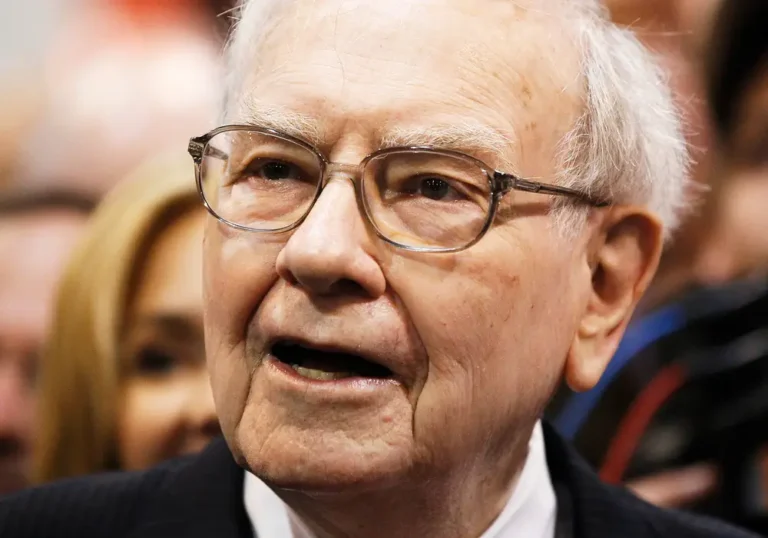The world could see a 1970s-style oil shock amid deepening conflict in the Middle East, ‘Dr. Doom’ Nouriel Roubini says

The economy could see another 1970s-style oil shock if conflict in the Middle East escalates, according to Wall Street’s “Dr. Doom” economist.
Nouriel Roubini, known for his frequently downbeat forecasts, cast another dark outlook on the world economy in an interview with the Economic Times on Monday. Risks are rising in the Middle East, Roubini said, where conflict between Israel and Palestine has spilled into the region and could prompt an armed response from Iran, one of the world’s top oil producers.
If conflict between Irsael and Iran spirals into a full-fledged war, that could influence Iran’s exports of oil and spark a big spike in crude prices, Roubini said. The situation would be similar to the oil shocks the world economy saw in the 1970s, when geopolitical tensions sent oil prices spiraling higher.
“If the war were to escalate into a full war between Israel and Iran, production and exports of oil from the Gulf would be blocked for weeks, maybe months, leading to a shock to oil prices like the 1973 Yom Kippur War, or the 1979 Iranian Revolution,” Roubini said, though he acknowledged that the impact on oil prices stemming from conflict in the Middle East had been mild so far.
Other industry experts have warned that Iran being pulled into the Israel-Hamas conflict could spark major volatility in the crude oil market. Israel attacking Iran’s oil infrastructure could jeopardize as much as 4% of the world’s crude supply, according to an analysis from the Commonwealth Bank of Australia. A strategist at the firm predicted Brent crude could trade as high as $85 a barrel in that scenario, an increase of about 16% from where the international crude benchmark was trading on Wednesday.
Roubini, who has frequently issued dire warnings for the global economy and markets, has been particularly worried about oil price shock over the past year. Such a shock has the potential to spark recession or 1970s-style stagflationary crisis, he said in 2022, a dilemma where economic growth flatlines while inflation remains stubbornly high.
More recently, Roubini has softened his tone on the outlook for the US economy. He revised his prediction of an incoming recession early this year, but has continued to warn investors about the potential for stagflationary shocks.






